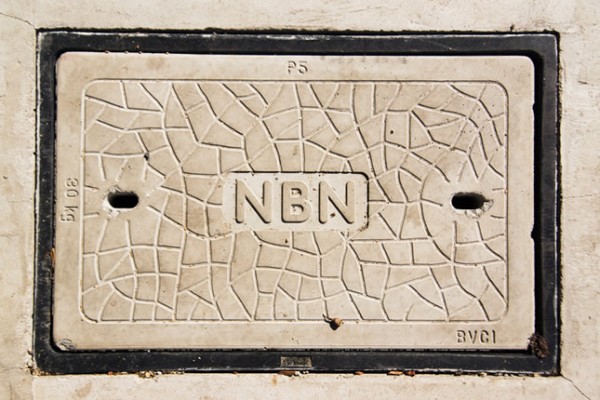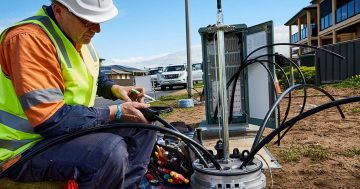
Canberrans received misleading letters saying their telephone and internet service would be disconnected if they did not move to the NBN. Photo: File.
More than 20,000 consumers and businesses across Canberra who were connected to the TransACT VDSL2 network have received misleading letters from NBN Co stating their telephone and internet service would be disconnected if they did not move to the NBN.
Between January and 11 July, 2019, NBN Co sent multiple letters to consumers and businesses across Canberra informing them they needed to move to the NBN or would face the prospect of losing services.
The telecommunications company has admitted in a court-enforceable undertaking to the Australian Consumer and Competition Commission (ACCC) that it misled Canberra consumers, who lived in areas where the NBN was operating, into thinking their telephone and internet services supplied over the TransACT network would be disconnected if they did not move to the NBN.
NBN Co has now committed to reimbursing the early termination costs paid by consumers and businesses who moved to NBN Co before 10 July 2019 and then chose to return to the TransACT network.
ACCC chair Rod Sims said it is unacceptable for NBN Co to tell consumers on other broadband networks, such as the TransACT network, that moving to the NBN is their only option.
“Moving to the NBN is an important decision and it can be confusing,” said Mr Sims. “Consumers should be able to trust that NBN Co is providing them with accurate information.
“The ACCC will not hesitate to seek high penalties in court against NBN [Co], and other telcos, if we see this type of conduct again.”
Leading telecommunications consultant Paul Budde told Region Media the mistake by NBN Co was “probably not deliberate”, but the letters highlighted the context of the company trying to monopolise the marketplace.
“They [NBN Co] are becoming a little less careless and a little bit more bullying, and the culture is becoming such that these sorts of mistakes can easily happen,” he said.
“It’s exactly what happened with Telstra decades ago and you see it happening with all the monopolies around the country and the world. Management just needs to be more vigilant of these things happening.”

Telecommunications consultant Paul Budde. Photo: Supplied.
During the height of the COVID-19 lockdown, NBN Co offered internet retailers a 40 per cent capacity boost for five months from March at no extra charge. On 4 June, this offer was extended for internet providers to supply additional data capacity at no extra cost until 19 August.
The company also reported a 38 per cent increase in total revenue to $2.8 billion in the nine months to 31 March, 2020, following a strong third quarter of residential and business activations. Revenue from businesses also increased to $496 million in the nine months to 31 March, up from $341 million during the previous corresponding period.
On 24 April, NBN reached the seven million activations milestone, two months ahead of schedule.
“We remain on track to make 11.5 million premises ready to connect, thereby completing the initial rollout by 30 June, 2020,” said NBN Co CEO Stephen Rue.
However, Mr Budde said the government has a difficult role to play in regulating the only wholesale operator in the marketplace, with no plans to upgrade the network.
“As the owner, the government wants NBN Co to make as much money as possible and therefore not make a ruling on the company’s actions as it will negatively affect the income it produces,” he said.
“The government may, in the back of its mind, want to sell off NBN Co at some stage to privatise it, so again, they want to get the maximum amount of money for it by giving NBN Co as much monopoly as possible.
“NBN can then increase prices and use their monopolistic behaviour to ramp up revenue.”
A further issue exists in the rollout of the new network as the old network of copper wires is gradually being decommissioned, with the rest of Australia expected to be connected by the revised deadline of 30 June this year.
An examination of the latest NBN Co rollout data reveals the number of households placed in the satellite network has suddenly jumped by 20,000 in the space of a few weeks, ahead of the revised rollout.
Mr Budde said further attention is needed to address network speeds and connection issues in cities such as Canberra, especially during a crisis such as the COVID-19 pandemic.
“NBN has been holding up, but there is still not enough capacity to be resilient during a crisis,” he said.
“The international consensus is that you need fibre to the home, which puts pressure on regional areas such as Canberra to have a first-class network as many businesses and homes fight to keep up in a digital economy.”
















